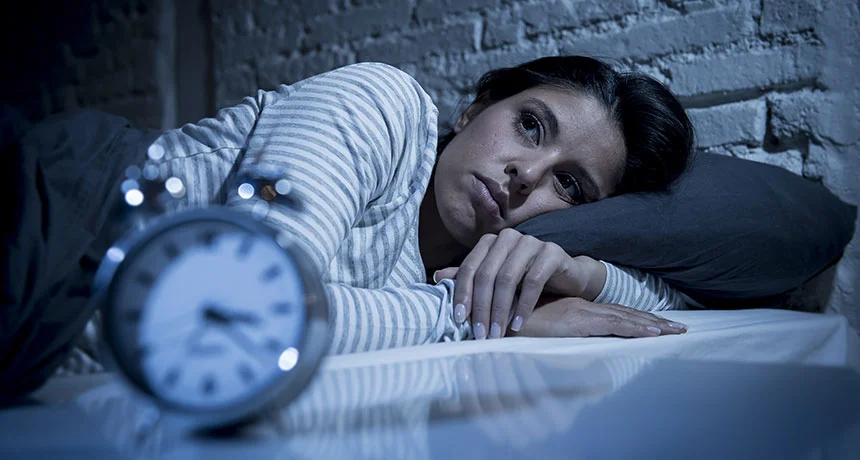Insomnia, a common sleep disorder, has a profound impact on both mental and physical health. The difficulties associated with falling asleep, staying asleep, or experiencing restorative sleep can lead to a range of negative consequences. This article explores the detrimental effects of insomnia on mental and physical well-being and provides insights into strategies for addressing this issue.
The Detrimental Effects of Insomnia
Insomnia affects various aspects of mental and physical health, contributing to a host of problems. Let’s delve into the key areas affected by this sleep disorder.
Mental Health
Insomnia significantly impacts mental health, increasing the risk of various psychological conditions. Some of the common mental health issues associated with insomnia include:
- Anxiety: Insomnia often heightens anxiety levels, making it more challenging to manage stress. The constant fatigue and irritability resulting from sleep deprivation can exacerbate anxious thoughts and feelings. Modalert 200 Australia is used to treat anxiety disorders.
- Depression: There is a strong bidirectional link between insomnia and depression. Chronic sleep disturbances disrupt the brain’s ability to regulate mood, contributing to the onset and persistence of depressive symptoms.
- Cognitive Impairment: Inadequate sleep negatively affects cognitive function, including memory, attention, and decision-making. Insomnia can lead to difficulties with concentration, memory recall, and overall cognitive performance.
- Mood Disorders: Insomnia is associated with an increased risk of mood disorders such as bipolar disorder and dysthymia. Sleep disturbances can destabilize moods and make it harder to manage mood swings. Artvigil 150 is a medication containing armodafinil that is primarily used to promote wakefulness and alertness in individuals with sleep disorders.
Physical Health
In addition to impacting mental well-being, insomnia also impacts physical health. The consequences can range from mild discomfort to severe medical conditions. Here are some ways insomnia affects physical health:
- Weakened Immune System: Sleep deprivation weakens the immune system, making individuals more susceptible to infections and illnesses. IV hydration in Las Vegas emerges as a supportive measure, aiming to fortify the body’s defenses against such vulnerabilities. Prolonged insomnia compromises the body’s ability to fight off pathogens, increasing the risk of chronic diseases and frequent illnesses.
- Cardiovascular Issues: Insomnia is associated with an increased risk of developing cardiovascular problems such as high blood pressure, heart disease, and stroke. Sleep disturbances disrupt normal physiological processes, including blood pressure regulation, heart rate variability, and inflammation control.
- Metabolic Disorders: Lack of sleep disrupts hormonal balance, leading to metabolic dysregulation. Insomnia is linked to an increased risk of conditions like type 2 diabetes and metabolic syndrome.
- Decreased Pain Tolerance: Sleep deprivation can lower pain threshold and tolerance, making individuals more sensitive to pain and discomfort. Chronic pain conditions can worsen with inadequate sleep, leading to a cycle of pain and sleep disruption.
- Impaired Physical Performance: Lack of sleep affects physical performance, including decreased endurance, slower reaction times, and reduced motor coordination. Athletes and individuals involved in physical activities may experience impaired performance due to insomnia.
Conclusion
Insomnia has a significant impact on both mental and physical health. The sleep disturbances associated with this disorder can lead to anxiety, depression, cognitive impairment, a weakened immune system, cardiovascular issues, weight gain, and obesity. Recognizing the detrimental effects of insomnia is crucial for individuals to seek appropriate treatment and adopt healthy sleep habits. Non-pharmacological approaches, such as cognitive-behavioural therapy for insomnia, can be effective in improving sleep quality and overall well-being. By addressing insomnia, we can promote better mental and physical health.
